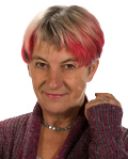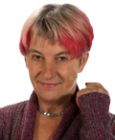Meditation
Letting Go Is Hard
Saying goodbye to our retreat house.
Posted September 28, 2020 Reviewed by Kaja Perina
Letting go is always hard. Yet it’s at the heart of Buddhist teachings. We suffer through clinging onto what we like and pushing away what we don’t. We cling onto people and things and emotions and events long after we need to, sometimes to our cost. We can know that intellectually, yet still find it hard.
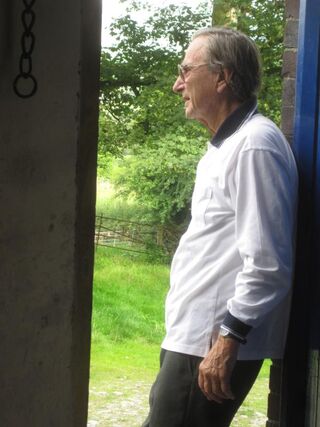
This weekend was a big goodbye for me and many others. The remote Welsh farmhouse, with no electricity, gas, phone signal or mains drainage, where I have spent most of my life’s retreats, is closing – going to John Crook’s family as their much-loved holiday home.
I first met John Crook when I joined his meditation class in Bristol in 1979. He had just bought the Maenllwyd, a more or less ruined house and barn. On my first retreat in 1981 the snow was 15 feet deep, the temperature down to minus 17, all the pipes froze, and we slept in sleeping bags in the unheated roof of the barn where an owl flew in and out through holes between the tiles. I have never been afraid of meditating in the cold ever since.
John was an exceptional Zen teacher. He taught silent illumination in the Chan tradition, of which he was a lineage holder, as well as koans, Mahamudra (from his long training in Ladakh), and his own invention - the Western Zen Retreat. It was this 5-day silent retreat that started me off, as it did many others – with its perfectly balanced mixture of meditation, communication exercises, movement, and even wild dancing on the final night. Retreats in that old house meant meaningful work periods twice a day, cleaning and preparing food without electricity, repairing the roof, chopping wood, and carrying water (at least during that first retreat when we had to fetch water from the stream – a task I was let off on account of being 7 months pregnant at the time). Gradually the house improved, and the Western Chan Fellowship was formed, along with many local groups.
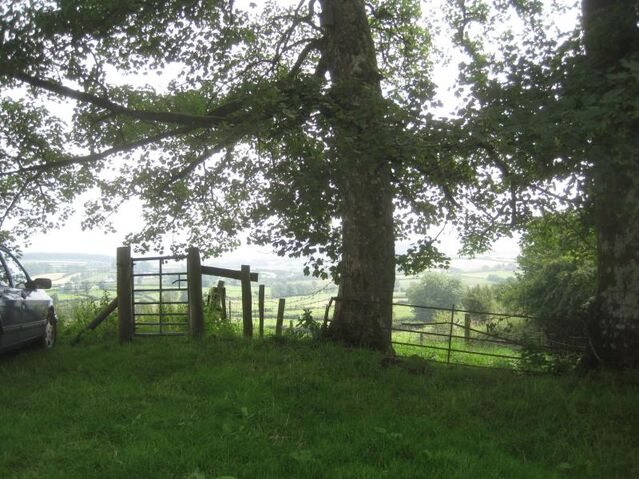
John died aged 80, in 2011. Retreats continued, led by several other teachers, and should have continued through this year. I was booked for one in March. Sadly, of course, it was cancelled because of the pandemic, as were many other retreats there, along with what was to have been our final visit this September. A great day was planned up there in the Welsh mountains, but it was not to be. Instead we had farewell by Zoom.
Friday night I felt sad and gloomy not to be driving up there with my tent, for a whole weekend in that magical place, as well as the festivities. It was with resignation that I joined the Zoom group instead and prepared a 3 minute contribution. Yet I was hugely surprised. There was a lovely film about the place, touching and helpful stories from many others who loved it as I did, and a tea-break for us all to eat the cakes we’d made from Maenllwyd recipes. I hadn’t baked a cake since my kids were little, but it turned out all right – perhaps because I decided to go slowly, take time, be mindful. John used to admonish me to ‘Enjoy!!!’ and his last teaching to me before he died was ‘Enjoy slowly!!’. So, this day I did.
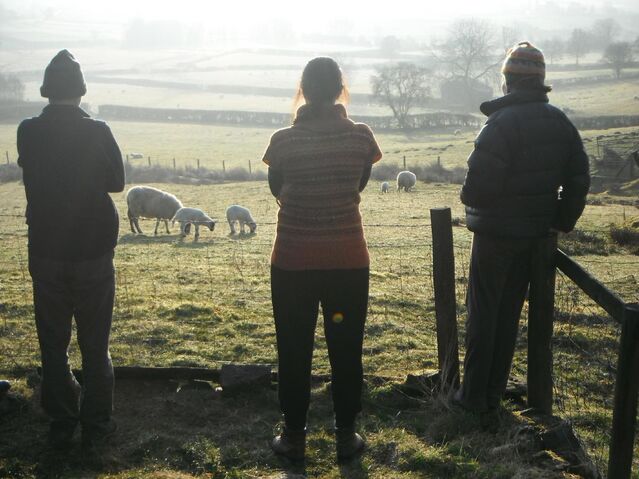
To my great surprise, the Zoom session was more helpful than any last visit might have been. Sad yes, but I think that if I’d been up there that day I would have been wrapped in my own memories, racked by emotions, and quite turned in on myself. Sitting at my desk at home, ‘with’ all these 75 or so others, I felt transported and together. I think I was more able to let go this way. Ever since, I’ve been flooded with intense and vivid memories from Maenllwyd but in some way this is all part of the letting go. I can let these visions rise up, see and feel them, and know that all this is now passed. I will never sit in silence there again, the house is changing fast – I hear they’ve even put in a fridge! - and the farmers have replaced the rutted, rocky track that we struggled up into the wilds on our retreats from the world. Like everything else, Maenllwyd is impermanent, and always was. So are we, and so are my memories and emotions. This is a big letting-go.
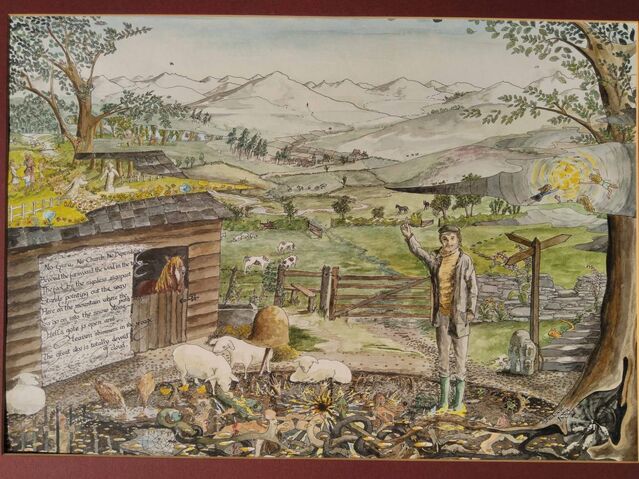
It begins, ‘No guru, no church, no dependency’. Yes! He was absolutely no guru, never wanted or invited adoration, happy to teach those, like me, who were not Buddhists, an ordinary English man with foibles like the rest of us – only deeply different too.
No guru, no church, no dependency.
Beyond the farmyard the wind in the trees.
The fool by the signless signpost
Stands pointing out the way.
Here on the mountain where the path stops
You go on into the snow alone.
Hell's gate is open and Heaven shimmers in the mirage.
The Great Sky is totally devoid of cloud.
References
Blackmore, S. 2011 Zen and the Art of Consciousness, Oxford, Oneworld Publications
